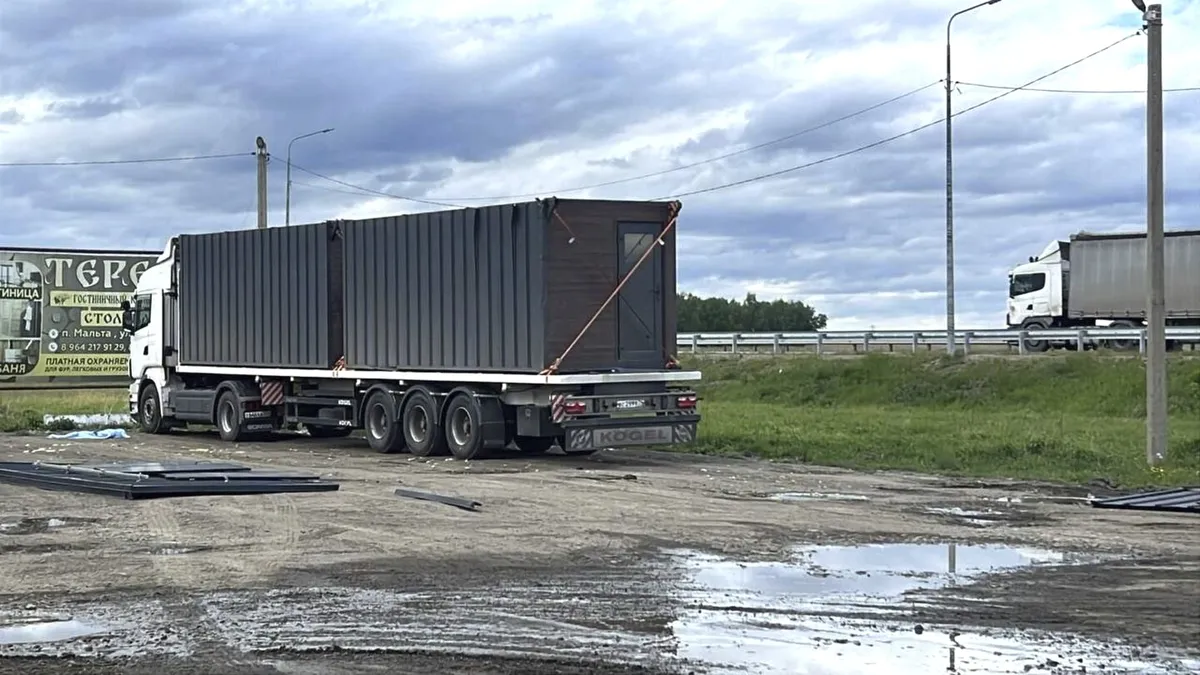
In a bold and meticulously planned operation, Ukrainian President Volodymyr Zelenskyy hailed the recent attack on Russia's strategic bomber fleet as one for the “history books.” On a single Sunday, Ukrainian forces successfully destroyed or severely damaged nearly a third of Moscow's strategic bomber fleet using inexpensive drones that were covertly transported into Russian territory, according to Ukrainian officials. This ambitious endeavor, code-named “Spiderweb,” was the result of over 18 months of planning and high-risk execution, and it was personally overseen by Zelenskyy himself.
The operation took place during a critical juncture in the ongoing three-year conflict, as peace talks have repeatedly failed to achieve the unconditional ceasefire that Ukraine has long sought. While Moscow continues to mount record-breaking drone and missile attacks against Ukrainian cities, the timing of this operation underscores Ukraine's strategic emphasis on surprise and innovation in warfare. Outnumbered and outgunned, Ukrainian military planners are increasingly relying on cost-effective methods to inflict losses on Russian forces.
According to President Zelenskyy, the operation involved the deployment of 117 drones that targeted four military airfields, resulting in significant damage or destruction of 34% of Russia’s fleet of air missile carriers. The complex execution reportedly took place from an office located next to the headquarters of Russia’s Federal Security Service (FSB), although specific details about the location remain undisclosed. The drones, equipped with first-person view (FPV) technology, were discreetly smuggled into Russia, hidden in wooden containers that were transported by truck to the airfields.
Footage shared on social media by Russian sources showed drones emerging from these containers, marking the beginning of the attack. By the operation's conclusion, over 40 Russian warplanes had been severely damaged or destroyed, with estimated costs totaling around $7 billion, according to Ukraine’s security service.
Among the most notable targets was the Belaya air base located in the Siberian region of Irkutsk, which is over 4,000 kilometers (2,500 miles) from Ukraine. Russia's Defense Ministry confirmed that the attack caused damage to aircraft and ignited fires at air bases in Irkutsk and the northern Murmansk region. They also reported that strikes were thwarted in Russia's Far Eastern Amur region and in the western Ivanovo and Ryazan regions. However, independent verification of claims from both sides remains unavailable.
The attack specifically targeted strategic bombers such as the A-50, Tu-95, and Tu-22M, which have been instrumental in launching missile strikes against Ukraine. The loss of these aircraft could significantly impair Russia’s capability to conduct devastating missile barrages, further limiting their operational effectiveness as they continue to face increasing resistance from Ukraine.
This audacious attack not only represents a tactical victory for Ukraine but also serves as a much-needed morale boost, particularly as peace talks have stalled and Russia has intensified its drone and missile assaults. The operation coincided with a day of heightened tensions, as Russia launched a record 472 drones against Ukraine during the same period. SBU chief Vasyl Maliuk declared, “The enemy thought it could bomb Ukraine and kill Ukrainians with impunity. But that is not the case. We will respond to Russian terror and destroy the enemy everywhere — at sea, in the air, and on land.”
Despite facing setbacks on the battlefield, Ukraine has consistently focused on targeting Russia's rear capabilities to diminish their combat effectiveness. This recent operation marks one of the most audacious attacks in a series of surprise offensives, following previous successes such as the sinking of the Moskva, the flagship of Russia's Black Sea Fleet, in April 2022 and the damage inflicted on the Kerch Bridge in October 2022. As the conflict continues, Ukraine's ability to execute such operations remains pivotal in their ongoing struggle against Russian aggression.